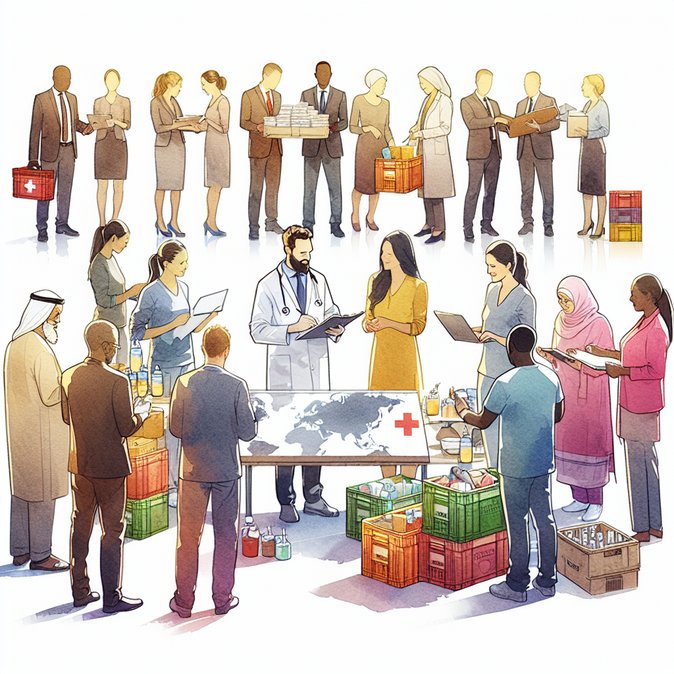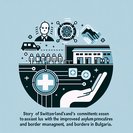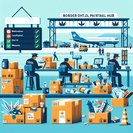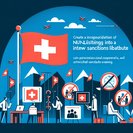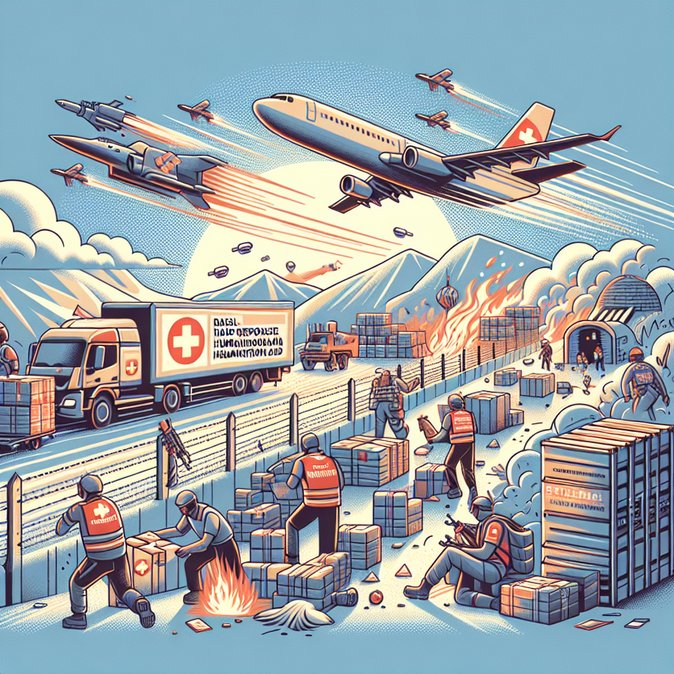
The Federal Department of Foreign Affairs confirmed on 7 November 2025 that Switzerland will contribute CHF 6 million over 2025–26 to the Geneva-based International Federation of Red Cross and Red Crescent Societies’ Disaster Relief Emergency Fund (DREF). The fund provides rapid financing—often within 24 hours—to local Red Cross societies responding to floods, earthquakes and disease outbreaks worldwide.
Although primarily a humanitarian measure, the pledge carries noteworthy global-mobility consequences. The DREF finances anticipatory deployments that require fast-tracked visas and customs clearances for emergency personnel and medical equipment. Switzerland’s support bolsters its diplomatic leverage when negotiating humanitarian access and travel facilitation agreements with partner states, many of which host Swiss corporate expatriates.
![Bern Pledges CHF 6 Million to IFRC Disaster-Relief Fund, Easing Mobility of Aid Workers]()
Aid-sector analysts point out that Swiss passport holders already enjoy broad visa-free access, but logisticians often struggle with imported medical kits and satellite equipment. By underwriting DREF’s anticipatory action window, Bern helps ensure that customs-waiver clauses embedded in IFRC status agreements are actually activated.
For multinational firms that second staff to humanitarian projects or corporate-social-responsibility missions, the enhanced DREF capacity may translate into quicker field deployment and reduced insurance costs. Mobility managers should, however, monitor country-specific exemptions, as some governments still require work permits even for short-term humanitarian assignments.
Although primarily a humanitarian measure, the pledge carries noteworthy global-mobility consequences. The DREF finances anticipatory deployments that require fast-tracked visas and customs clearances for emergency personnel and medical equipment. Switzerland’s support bolsters its diplomatic leverage when negotiating humanitarian access and travel facilitation agreements with partner states, many of which host Swiss corporate expatriates.

Aid-sector analysts point out that Swiss passport holders already enjoy broad visa-free access, but logisticians often struggle with imported medical kits and satellite equipment. By underwriting DREF’s anticipatory action window, Bern helps ensure that customs-waiver clauses embedded in IFRC status agreements are actually activated.
For multinational firms that second staff to humanitarian projects or corporate-social-responsibility missions, the enhanced DREF capacity may translate into quicker field deployment and reduced insurance costs. Mobility managers should, however, monitor country-specific exemptions, as some governments still require work permits even for short-term humanitarian assignments.
